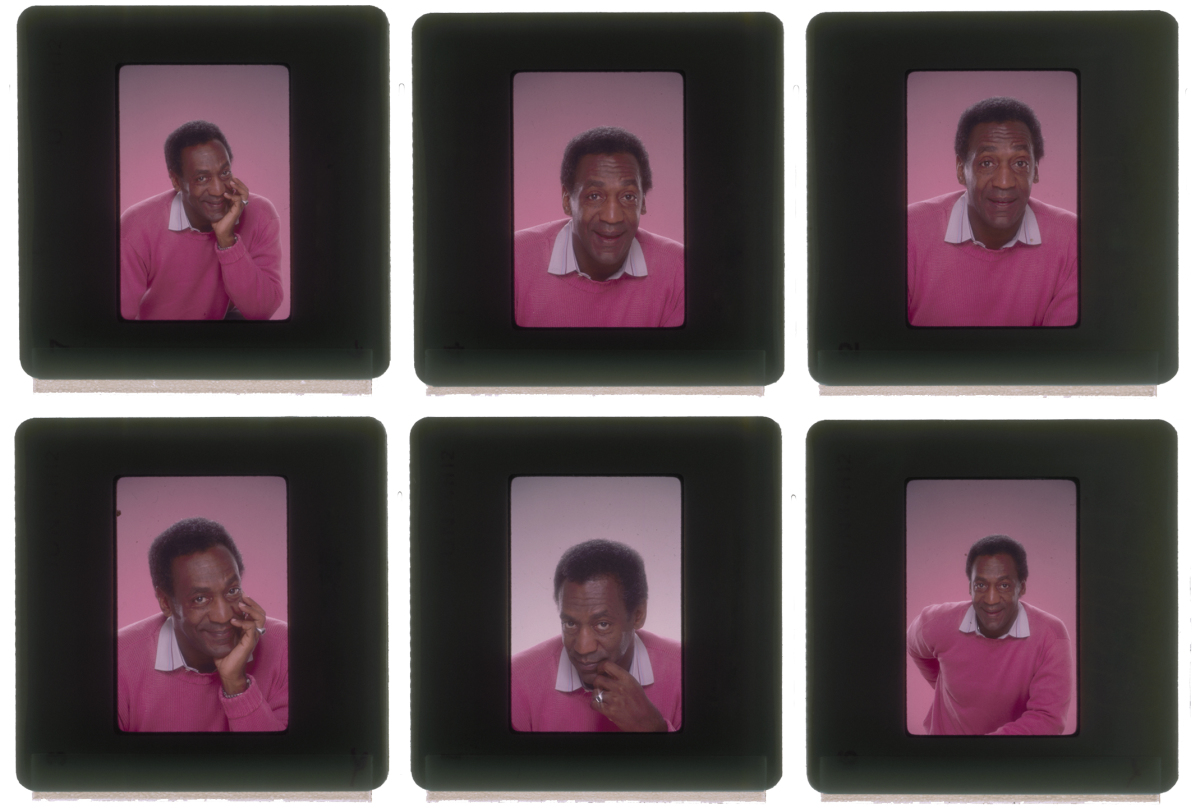Showtime Tackles Bill Cosby’s Legacy in New Documentary Series
Producer W. Kamau Bell says 'We Need to Talk About Cosby' examines comedian’s career and sexual allegations

The smarter way to stay on top of the multichannel video marketplace. Sign up below.
You are now subscribed
Your newsletter sign-up was successful
Comedian/producer W. Kamau Bell examines the career and descent of comedian Bill Cosby in a new Showtime documentary series, We Need to Talk About Cosby, debuting January 30.
The four-part documentary series sheds new light on Cosby‘s cultural contributions as he gained infamy as a criminal defendant in a sexual assault prosecution, according to the premium service. The documentary features interviews with comedians, cultural commentators and journalists, as well as women who share their personal experiences with Cosby.
Bell recently spoke to Multichannel News to discuss what he hopes to accomplish with the documentary and what viewers should expect to see. An edited version of the interview appears below.
The full W. Kamau Bell interview can be heard via the Content Spotlight podcast.
MCN: What do you mean when you say, we need to talk about Bill Cosby?
W. Kamau Bell: Many of us have had little conversations about Cosby, or have had [private] conversations with trusted people. This to me is about inviting people to a conversation about all of Cosby in a way that we generally haven't had. It would be one thing to make a documentary that just focuses on the positives, and it'd be another thing to make a documentary that talks about the sexual assaults and the rapes that I believe he committed. I was trying to have the whole conversation, which is a challenge, because he had such a long career.
MCN: In your documentary, you ask everyone, ‘Who is Bill Cosby now?’ So I‘m asking you the same question: who is Bill Cosby now?
The smarter way to stay on top of the multichannel video marketplace. Sign up below.
WKB: For me, the film is my answer. He is a man who is celebrated for what he did to uplift black people. He was a man who was celebrated for his transformational performances and for his incredible performances. He was a man who was celebrated for his philanthropy. For a time, he was labeled America's dad at a time when other black people on TV were being discarded and literally being chased on the news. At the same token, he's a man who I have learned and believe was, behind the scenes, sexually assaulting, grooming, and raping women – at least more than 60 that we know about.
He is a man who was sent to prison and is now out of prison, and we have to figure out what we can learn from this whole thing. That's the important part for me is what can we learn from this so that we can create a society that is safer and more supportive of women overall, but also for survivors of sexual assault and rape overall. And even below that, a part of this is about the way in which America has a toxic relationship with just sex and sexual and intimate relationships period, that goes all the way down to sex education that kids get in school.
MCN: What do you hope that people get out of this documentary?
WKB: America often says it‘s time to have a conversation about something big, and when the conversation happens, we feel like we‘ve accomplished something. Conversations don't mean anything, obviously, without going, ‘What have we learned, and how can we apply this knowledge in the real world?‘ So for me, hopefully, there is some level of conversation that comes out of this film that is about specifically holding my industry more accountable for creating a safe and productive environment, and creating ways in which people who have been sexually assaulted or raped have real recourse. But then you‘ve got to talk about the criminal justice system. We don‘t even really have rehab or recompense that‘s true justice for survivors of sexual assault, or is there a way to rehab this individual other than just putting them in prison? I think these are conversations that are way bigger than Bill Cosby, which is why the film is about conversations about what happened and not a conversation with Bill Cosby. It‘s like, how can we learn from this as a way to create a safer, healthier America, and not just to learn about whether it’s okay to watch Bill Cosby content? ■
R. Thomas Umstead serves as senior content producer, programming for Multichannel News, Broadcasting + Cable and Next TV. During his more than 30-year career as a print and online journalist, Umstead has written articles on a variety of subjects ranging from TV technology, marketing and sports production to content distribution and development. He has provided expert commentary on television issues and trends for such TV, print, radio and streaming outlets as Fox News, CNBC, the Today show, USA Today, The New York Times and National Public Radio. Umstead has also filmed, produced and edited more than 100 original video interviews, profiles and news reports featuring key cable television executives as well as entertainers and celebrity personalities.

